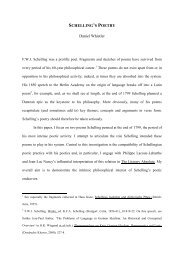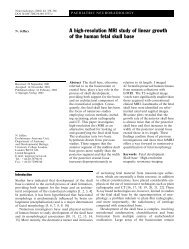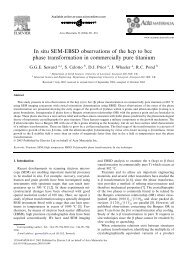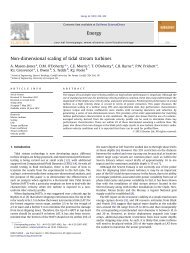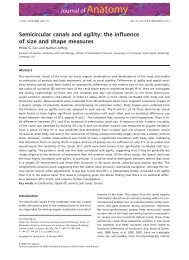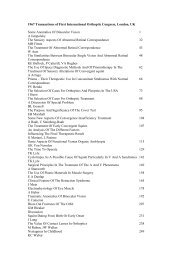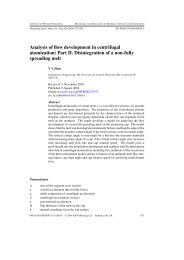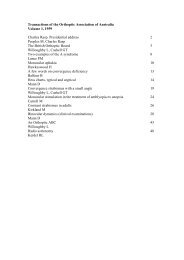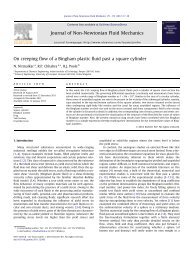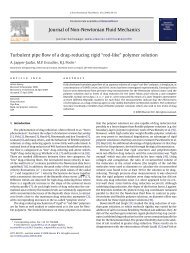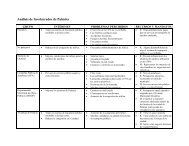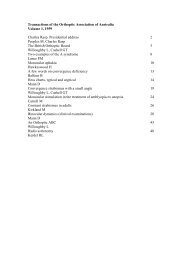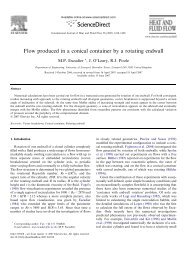The Discipline of Pious Reason: Goethe, Herder, Kant Daniel ...
The Discipline of Pious Reason: Goethe, Herder, Kant Daniel ...
The Discipline of Pious Reason: Goethe, Herder, Kant Daniel ...
You also want an ePaper? Increase the reach of your titles
YUMPU automatically turns print PDFs into web optimized ePapers that Google loves.
In euerm Schoose<br />
Aufwärts!<br />
Umfangend umfangen<br />
Aufwarts an deinen Busen,<br />
Allliebender Vater! (1919, I/2:79-80)<br />
Upwards, drawn upwards,<br />
<strong>The</strong> clouds float down,<br />
<strong>The</strong> clouds descend<br />
To my love and my longing,<br />
To me! To me!<br />
Upwards, carried in their womb,<br />
Embraced and embracing!<br />
Borne al<strong>of</strong>t to your heart,<br />
Oh father, lover <strong>of</strong> all! (2005, p. 9)<br />
Ganymed treats romantic love, love <strong>of</strong> nature and love <strong>of</strong> god. It is this last,<br />
theological level which is my present concern. Ganymede climaxes in divine love; the<br />
consummation <strong>of</strong> his existence (both its terminus and perfection) is to be absorbed<br />
back into the womb <strong>of</strong> the divine. Human desire is fulfilled in theosis. <strong>The</strong> telos <strong>of</strong><br />
individual life occurs at the moment when the god descends, humanity ascends and<br />
the two are fused together, so that all finite individuality is dissolved. Although<br />
<strong>Goethe</strong> adds romantic and pantheistic overtones, his model is therefore a traditional<br />
Christian one: blessedness is achieved by means <strong>of</strong> a dialectic <strong>of</strong> descent and ascent.<br />
God descends to Ganymede to embrace him (emptying Himself in the process), and in



